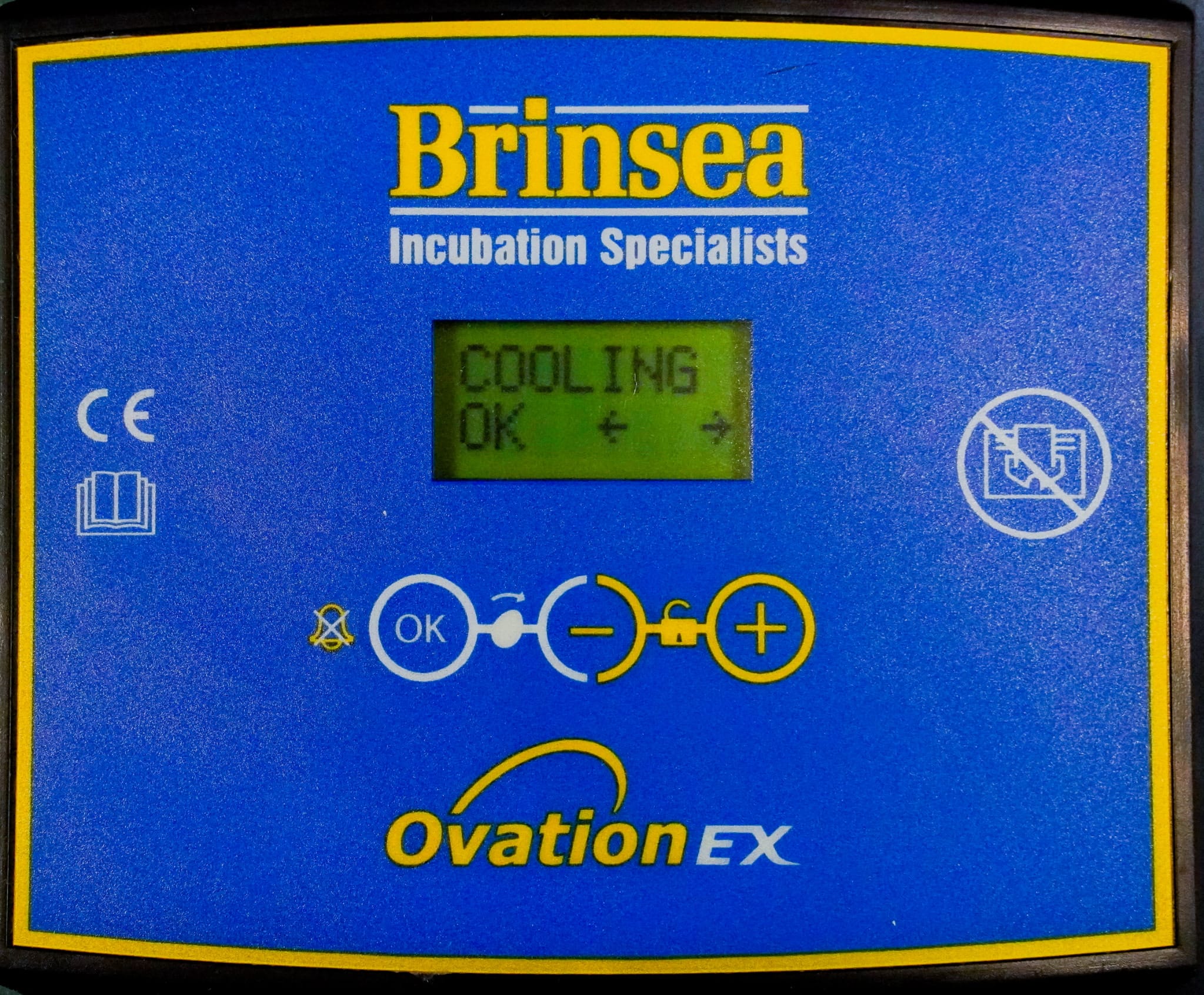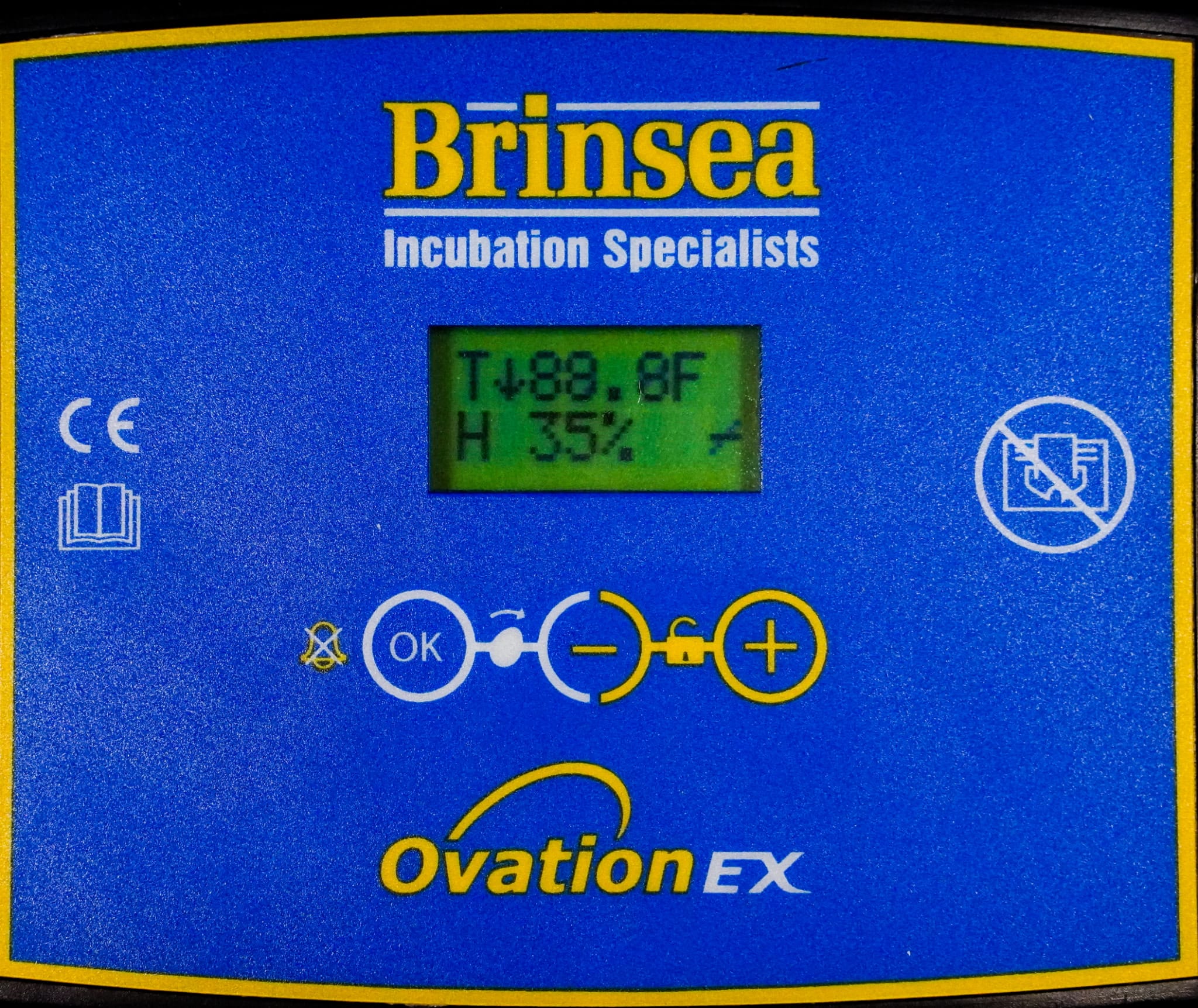
Should You Cool Eggs During Incubation? The Surprising Benefits
For most species in nature, mother birds must occasionally get off the nest in order to find something to eat and drink. This immediately removes the heat source from the eggs, which causes them to cool. The question for electric incubators is: Should we try to replicate this periodic cooling or will the eggs hatch just fine without it? Recent studies show that not only is cooling safe, it can actually be beneficial.
Key Takeaways
- Cooling Can Increase Hatch Rates: Research shows that mimicking the natural cooling process can improve a chick’s development and increase hatchability.
- Follow a Schedule: For poultry, waterfowl, and game birds, cool eggs for 30 minutes daily, starting on Day 7 of incubation.
- Stop Cooling Before Hatch: The cooling feature should be turned off two days before the eggs are due to hatch, at the same time as the automatic turning.
-
The Science of Periodic Cooling
It is common knowledge among most bird breeders that eggs can be periodically cooled throughout incubation without any harmful side effects. More recent studies, however, have shown that periodic cooling may actually be beneficial for a chick’s development. Hatch rates may even increase as a result. A full research paper from 2011 is available if you are interested in more scientific information regarding cooling eggs during incubation.
Mimicking this natural process can be done easily with Brinsea’s Advance and EX models, which have a built-in cooling feature. If your incubator does not have this, the same effect can be achieved by removing the lid and candling the eggs each day.

Step 1: Access the menu to turn the cooling feature ON. The default is OFF. 
Step 2: Once active, the incubator's display will show the temperature falling during the cooling period. How Brinsea's Cooling Feature Works
The cooling function is disabled by default (OFF). To activate it, go into the main menu on your incubator's control panel as shown above. Once you turn cooling ON, the next screen allows you to set the duration—from 10 to 360 minutes—that the heater will switch off once every 24 hours. During this period, the fan continues to run, circulating ambient air. Once the cycle ends, the heater turns back on and the temperature returns to normal.
-
Recommended Cooling Protocol
Through research conducted by Brinsea, the recommended cooling period varies by egg size and species.
For Poultry, Waterfowl, and Game Birds
We recommend that eggs be cooled for 30 minutes each day, starting at Day 7 of the incubation period. Two days before the eggs are due to hatch, the cooling should be turned off, along with the automatic turning feature.
For Parrots and Birds of Prey
Not enough research has been done regarding the eggs of parrots and birds of prey to give a good estimate of the recommended cooling period. However, your own research and experimentation can be done if you are interested in learning more about the effects of cooling on certain eggs.
-
Research Supporting the Benefits
Different research has been done over the years that can be used to support the idea that periodic cooling is beneficial for avian species during incubation.
Key Findings from Research
- Increased Hatchability: A 2019 study found that a developed cooling scheme for meat and egg-laying crosses increased the hatchability rate by reducing incubation waste.
- Improved Adaptation: Research on the lifelong effects of thermal challenges suggests that poultry may be better suited for significant weather changes in adulthood due to thermal acclimation during early development.
- Managing Metabolic Heat: A review on goose eggs notes that cooling is particularly important from day 15 onward, when the embryo starts producing its own metabolic heat, raising the egg's temperature above that of the incubator.
-
Proven Results from Hatchers Like You
"I was skeptical about cooling my goose eggs, but after trying the 30-minute daily cooling on my Brinsea incubator, my hatch rate went from 60% to over 85%. It's a game-changer!"
-
Frequently Asked Questions
Q: What temperature should the room be when I cool the eggs?
A: A typical, stable room temperature (around 68-75°F or 20-24°C) is perfectly fine. The goal is to create a temperature difference that allows the eggs to cool down from the incubation temperature. Avoid drafty areas or sudden, extreme temperature drops.
Q: What happens if I forget to turn the cooling feature off before lockdown?
A: It's important to disable the cooling feature two days before the hatch date. During lockdown, the incubator needs to maintain a very stable temperature and higher humidity to help the chicks hatch successfully. Continuing to cool the eggs can interfere with this critical process.
Q: Can I just turn the incubator off and on instead of using the cooling feature?
A: While this would cool the eggs, it's not recommended. Brinsea's cooling feature is specifically designed to turn off the heater while keeping the fan running. This circulates room-temperature air evenly, preventing hot spots and ensuring a more uniform and controlled cooling process, which is safer for the embryos.
Q: Will cooling my eggs harm them if my room is very cold?
A: While cooling is beneficial, you should avoid shocking the embryos with extreme cold. If your room is below 60°F (15°C), it's better to reduce the cooling time rather than expose the eggs to excessively cold temperatures. The goal is a gradual, gentle cooling process.
-
Conclusion: A Simple Way to Better Hatches
Mimicking nature by periodically cooling your eggs is a scientifically-backed method to improve embryo development and boost hatch rates. It's a simple step that can lead to healthier, more resilient chicks.
Brinsea's Advance and EX series incubators make this process effortless with their built-in cooling function, giving you precise control and peace of mind. By incorporating this technique into your incubation routine, you are giving your eggs the best possible start.
Share your cooling success stories with us! Tag @brinseaus on Instagram—we'd love to see your results.

